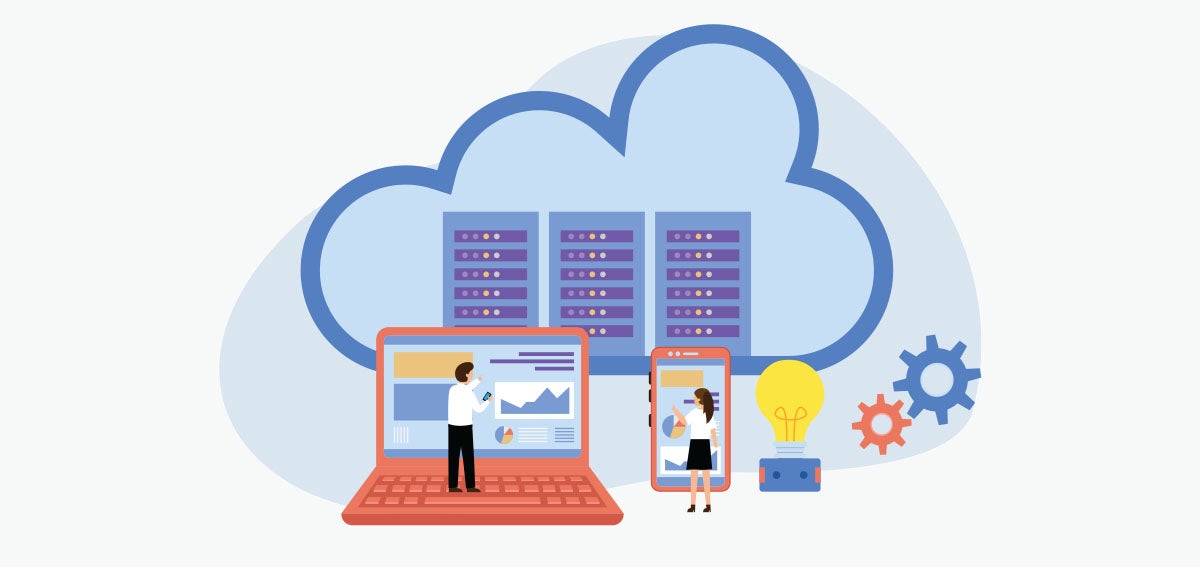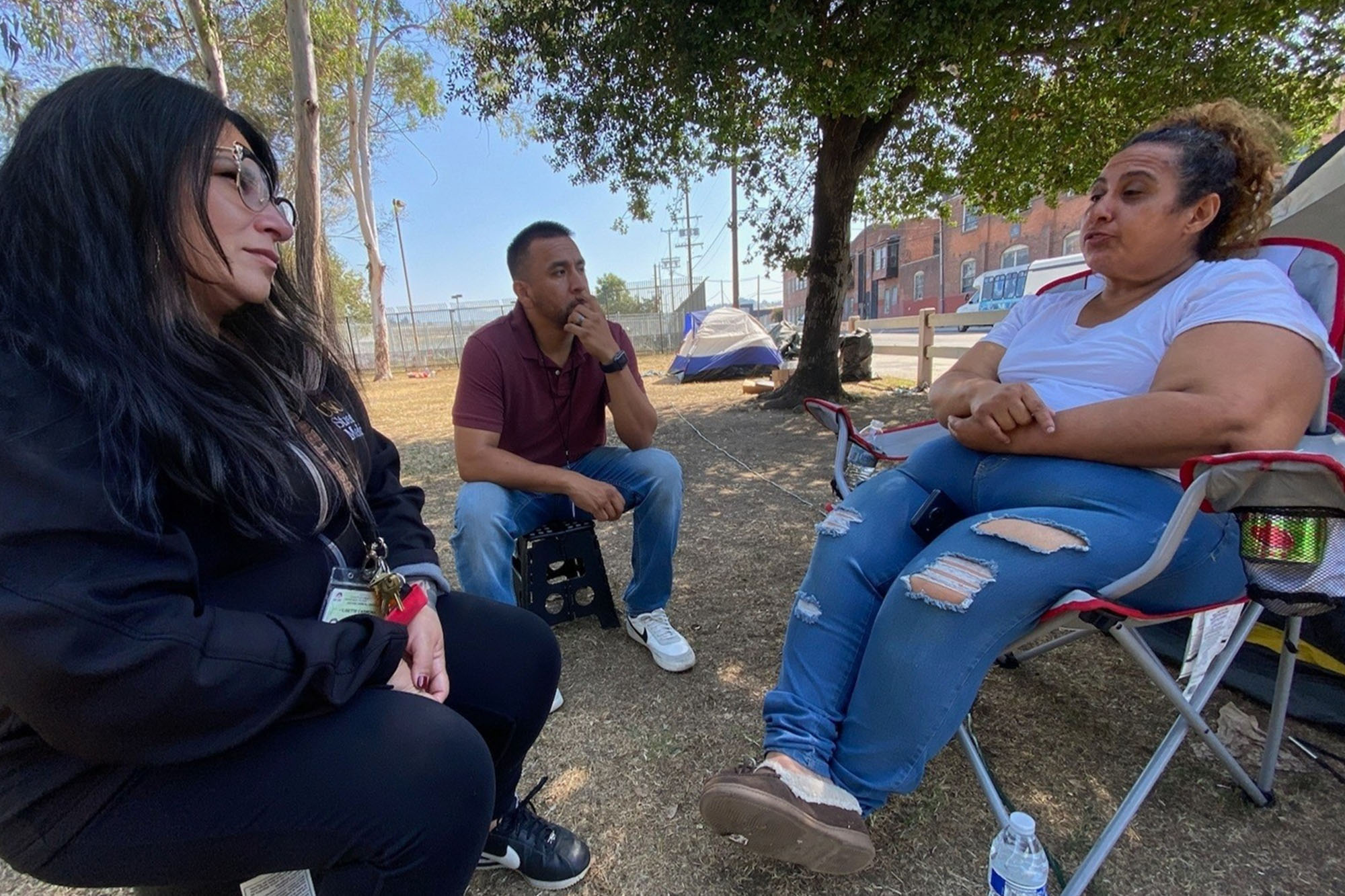Every Californian should be able to get behavioral health care when and where they need it. Unfortunately, too many people are struggling to get care. There are also unacceptable disparities in access and outcomes based on people’s race, language, and other factors.
That’s why data collection is such an important and valuable tool. Behavioral health data reveal who is and isn’t being served, highlight what is working, and determine where dollars go. This knowledge in turn affects patient access and outcomes, and whether providers have the resources they need to serve patients.
But too often, the data about what happens in California’s public behavioral health system are redundant, not actionable, or not meaningful. And behavioral health providers and administrators report that data collection is overly burdensome. To improve the system, we need to collect useful information through an efficient process.
Resources in this section highlight ways to improve data and measurement, including:
- Analyses of California’s current data collection landscape and reforms under way
- The experiences of California counties and of other states, including best practices and challenges
- What we can learn from currently available data about behavioral health access and outcomes, including data on disparities
Meaningful, actionable data are essential for improving the behavioral health care system for patients and providers alike.









